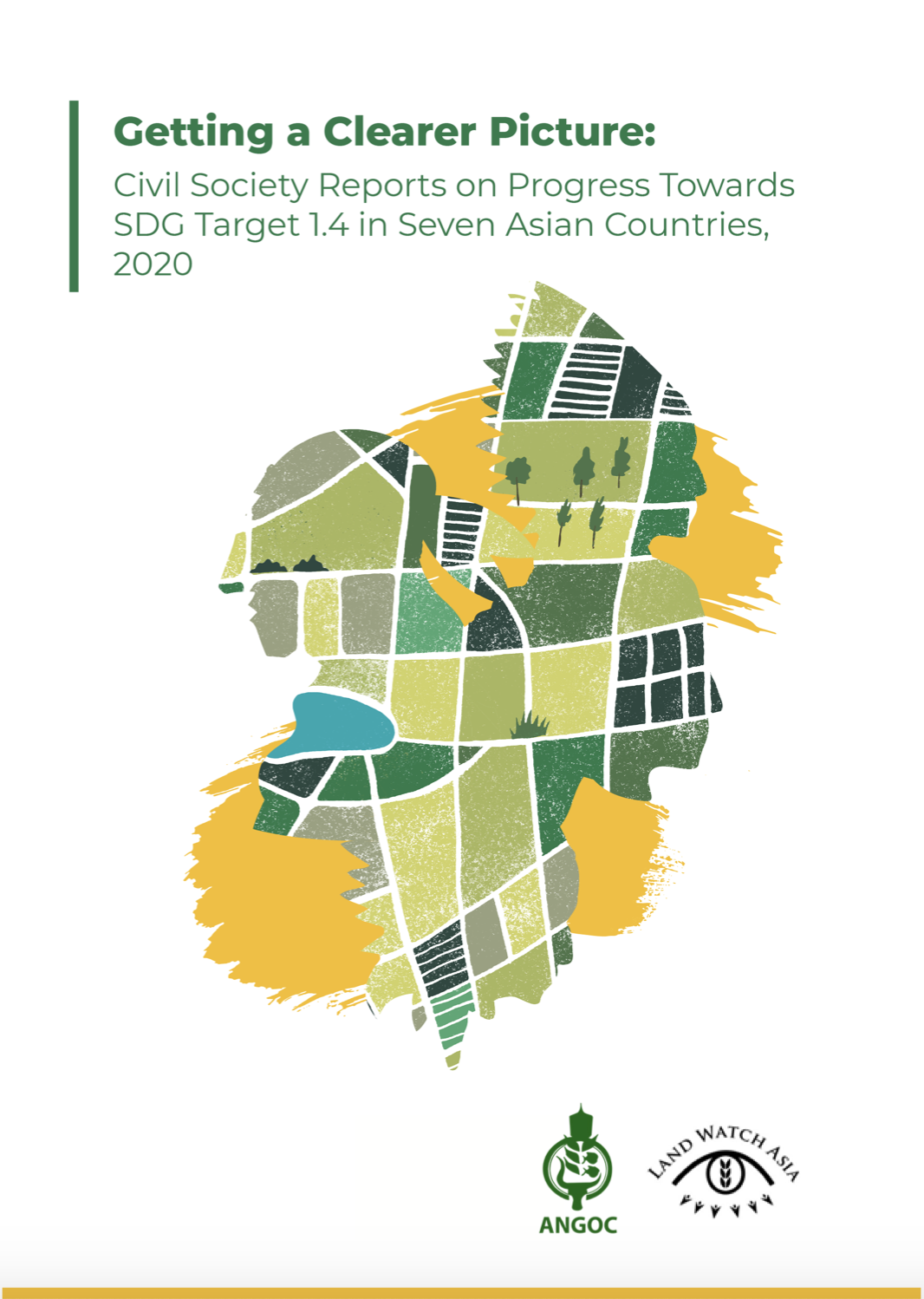The Transforming Agrifood Systems in South Asia (TAFSSA) district agrifood systems assessment aims to provide a reliable, accessible, and integrated evidence base that links farm production, market access, dietary patterns, climate risk responses, and natural resource management with gender as a…
Target 1.4 of the UN Sustainable Development Goals (SDGs) seeks to ensure that “all men and women, particularly the poor and vulnerable, have equal rights … to ownership and control over land and other forms of property.”
This target’s inclusion under SDG Goal 1, on “ending poverty in all…
This is one of three country studies on Innovation Pathways in Agri-food Systems, managed by the Commission for Sustainable Agriculture Intensification (CoSAI). The three studies use a common analytical framework to generate lessons on factors leading to successful innovation pathways, to…
The purpose of this work package is to analyze current policies and co-identify ways policy goals and objectives that hold potential to support transformative change and address policy incoherence across sectors to drive food, land and water systems transformation. In this regard, a flagship…
The knowledge about the spatial distribution of soil organic carbon stock (SOCS) helps in sustainable land-use management and ecosystem functioning. No such study has been attempted in the complex topography and land use of Himalayas, which is associated with great spatial heterogeneity and…
The food systems and territories of Indigenous Peoples sustain much of the world’s biodiversity, cultivated and wild, through agroecological practices rooted in Indigenous cosmovision and cultural and spiritual values. These food systems have a critical role to play in sustainability…
Examining the influence of land use/land cover transformation on meteorological variables has become imperative for maintaining long-term climate sustainability. Rapid growth and haphazard expansion have caused the conversion of prime agricultural land into a built-up area. This study used…
The food systems and territories of Indigenous Peoples sustain much of the world’s biodiversity, cultivated and wild, through agroecological practices rooted in Indigenous cosmovision and cultural and spiritual values. These food systems have a critical role to play in sustainability…
La collecte de l'eau de pluie augmente la quantité d'eau disponible pour la boisson, l'usage domestique et l'agriculture. En Afrique de l'Est et de l'Ouest et en Asie du Sud-Est, l'eau peut être récupérée sur 40 à 70 % des terres agricoles, ce qui entraîne une…
In 2005, India passed the National Rural Employment Guarantee Act (NREGA, “the Actâ€), a law guaranteeing all rural households 100 days of work at a minimum wage through the building of durable assets, which created one of the largest anti-poverty programs in the world. Now known as the…
Under its new research for development (R4D) initiative on digital innovation and transformation, the Consultative Group on International Agriculture Research (CGIAR), organised a two-day workshop on 8 and 9 November 2022, at Bhubaneswar, Odisha, India. The workshop was aimed to better…
Groundwater resources and irrigation systems are a fundamental consideration for sustainable and inclusive food system transitions in South Asia. Over the course of the latter part of the 20th century and the early 21st century, groundwater has become the primary source of irrigation water…







